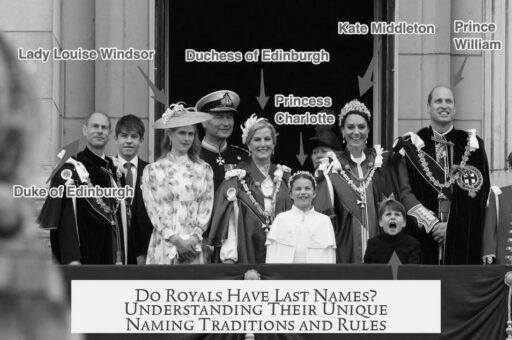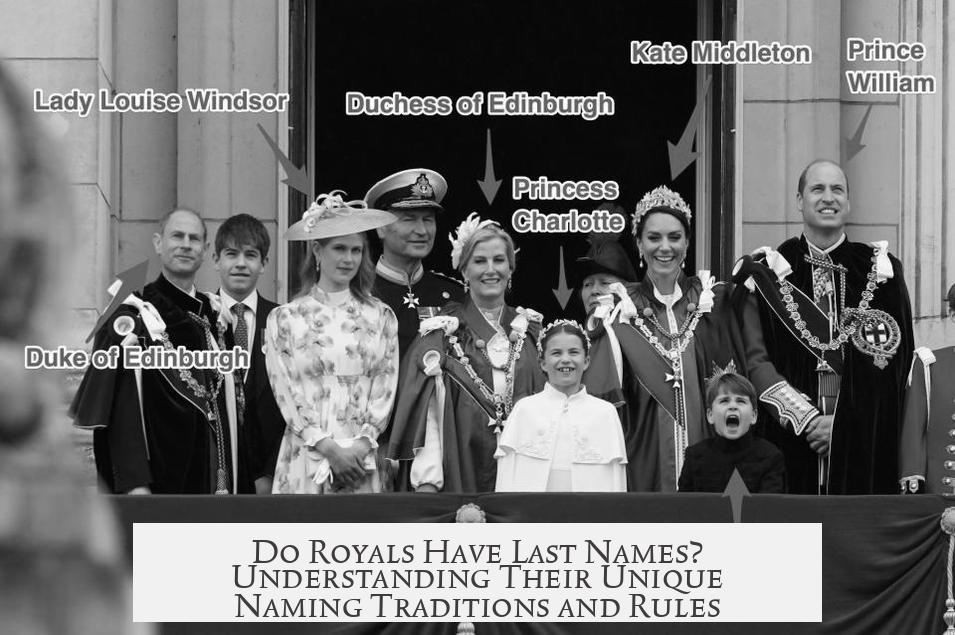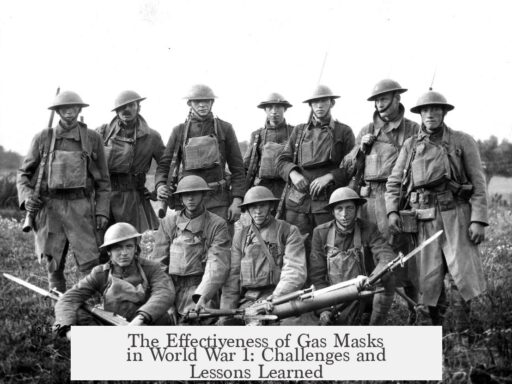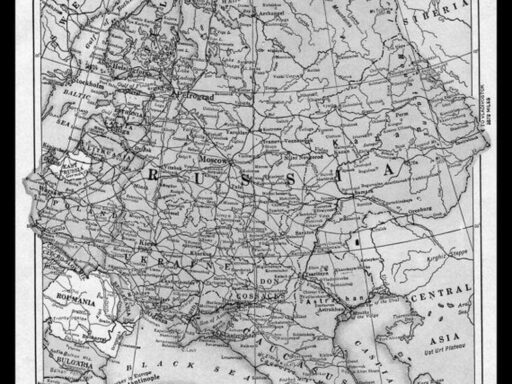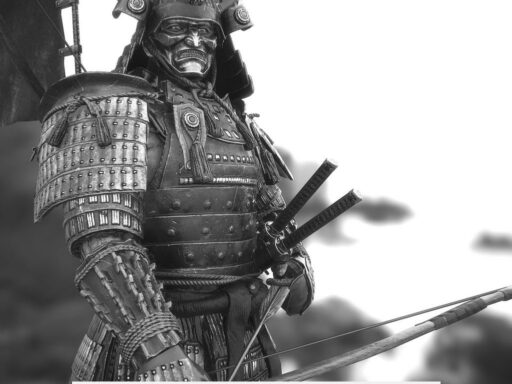Yes, the British Royals have proper last names, but their use and significance differ from common practice due to history and tradition. The current family surname is Windsor, adopted in the early 20th century during World War I. This replaced the prior Germanic surname Saxe-Coburg Gotha, changed primarily because of anti-German sentiment. However, royals often do not use surnames in day-to-day life.
The Windsor name represents the dynasty, which is more important than individual lineage for the royal family’s identity. Dynasties focus on heirs and the ruling family line rather than the broader family tree. Thus, “Windsor” serves as a dynastic surname rather than a personal family name.
In many formal situations, royals are identified by titles alone. For instance, official documents such as birth certificates and passports often list titles rather than surnames. On Prince William’s birth certificate, his parents are named with their royal titles and no surname is given. Similarly, Diana’s surname vanished from records after marriage, as she adopted royal styles rather than a conventional family name.
If a surname must be used, £Mountbatten-Windsor£ is the chosen option for those entitled to HRH (His/Her Royal Highness) status. This combined name merges Queen Elizabeth II’s family name (Windsor) with the surname Mountbatten, adopted from Prince Philip. However, this surname is rarely used in daily life by royals.
Some royals adopt alternative surnames derived from their titles or territorial designations. For example, Prince William and Prince Harry have used “Wales” for practical purposes related to identification or non-royal contexts.
It is important to clarify that traditional surnames hold less practical value to the royal family. Because their lives are highly public and controlled, official identification documents such as passports are rarely necessary or require typical surnames. Royals identify themselves by rank and designation in most contexts, reducing the need for formal last names.
Other royal families around the world have different practices. The former Greek royal family does not consistently use surnames, causing issues such as the exiled King Constantine II being denied a Greek passport for refusing to accept a surname. Meanwhile, the Ottoman dynasty, after their empire ended, adopted the surname “Osmanoğlu” (“son of Osman”) once it became legally required in Turkey after 1934.
| Aspect | British Royal Family | Other Royal Families |
|---|---|---|
| Current Surname | Windsor; Mountbatten-Windsor (for some) | Varies; e.g., Osmanoğlu in Ottoman dynasty |
| Use of Last Names | Rare, titles preferred; surnames used for legal documents | Inconsistent; sometimes no surname accepted |
| Importance | Dynasty name symbolizes legitimacy and heritage | Depends on culture; sometimes formalized post-monarchy |
| Examples | William uses “Wales”; Diana no surname after marriage | Greek royals refuse surnames; Ottoman dynasty formalized surname later |
In official and legal contexts, a proper surname is necessary to present clear identity documentation. For the royals, their unique status and the protocols surrounding them diminish the everyday use of surnames. Instead, styles and titles fulfill the role of identification internally and publicly.
Royal wives, like Diana, tend to lose their birth surnames after marriage, adopting royal titles instead. This practice aligns with general matrimonial customs, albeit more formalized within royal protocol.
To sum up:
- The British Royal Family’s proper last name is Windsor, established over 100 years ago.
- Mountbatten-Windsor serves as a legal surname for descendants with HRH status when needed.
- Titles usually replace surnames in daily and official use.
- Royal surnames matter primarily for official documentation and legal identity.
- Other royal families have varying surname traditions, ranging from lack of use to adoption of new names after monarchy ends.
Do the Royals Have Proper Last Names? Why or Why Not?
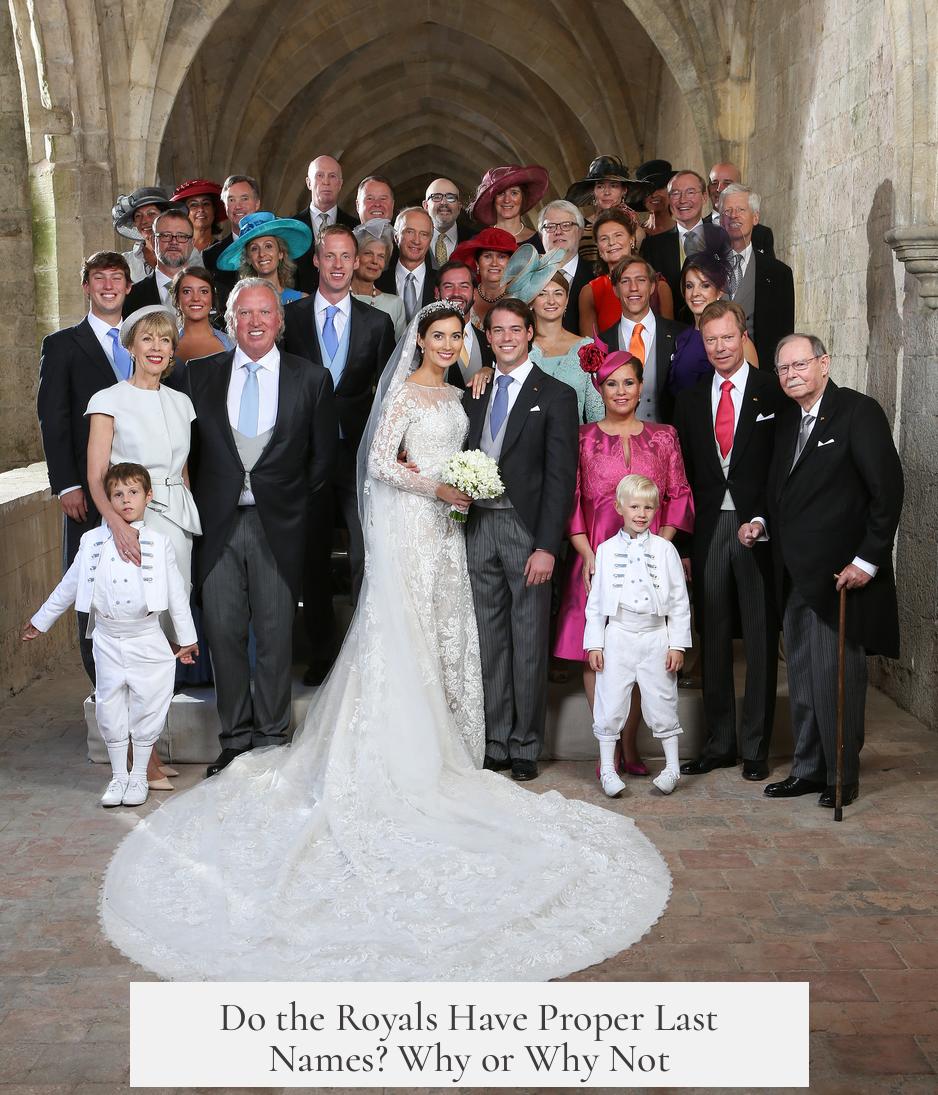
Do the royals have proper last names? The short answer is: yes, they do, but it’s more complicated than it looks. Royals are a unique breed. Their names don’t follow the same rules as the rest of us mere mortals. Ever wondered why Prince William and Prince Harry sometimes use “Wales” instead of a last name, or why “Mountbatten-Windsor” sounds like a mouthful that only royalty could love? Let’s break down this whole royal naming mystery and see why it’s both practical and steeped in tradition.
First off, the British royal family’s last name is officially Windsor — a name adopted in the early 20th century. Before that, it was a much less English-sounding “Saxe-Coburg Gotha,” which was promptly abandoned during World War I due to anti-German sentiment. Imagine being a royal with a last name that makes you sound like a villain in a spy movie during wartime. So, King George V sought a new identity with a British flavor, hence “Windsor,” named after their castle home. Practical, patriotic, and far easier to market.
But wait—if Windsor is the royal surname, why do some royals use surnames like “Mountbatten-Windsor” or “Wales”? Here’s the thing: most royals don’t actually *need* a surname in everyday life. When you’re a prince or princess, your title often stands alone—”Prince Charles,” “Princess Anne”—and that’s good enough. It’s like having VIP status that exempts you from needing a last name to get through airport security (though they do still have passports, technically).
Still, when a surname is necessary for official reasons—like marriage or legal documents—the reigning family uses Mountbatten-Windsor. This hybrid name honors Queen Elizabeth II’s husband, Prince Philip Mountbatten. It’s a nod to both lineage and alliance, wrapped up in a hyphenated package. Interestingly, even then, royals sometimes opt for convenience; for instance, William and Harry use “Wales” from their father’s title, the Prince of Wales.
Why Last Names Don’t Always Matter for Royals
In normal life, last names are crucial. They identify us on birth certificates, passports, and tickets to concerts. For the royals, their identity is less about paperwork and more about heritage and precedence. They don’t need a last name to prove who they are. Royal lineage—and the dynasty they belong to—holds far greater clout.
A dynasty is a specific family line with claims to the throne. “Windsor” isn’t just a name; it’s a symbol of the ruling family’s continuity and power. Lineage, in this context, becomes quite complex, but the dynasty name is simple and essential. It’s a name loaded with history, carrying the weight of generations.
Marriage and Surnames: Why Diana’s Last Name Vanished
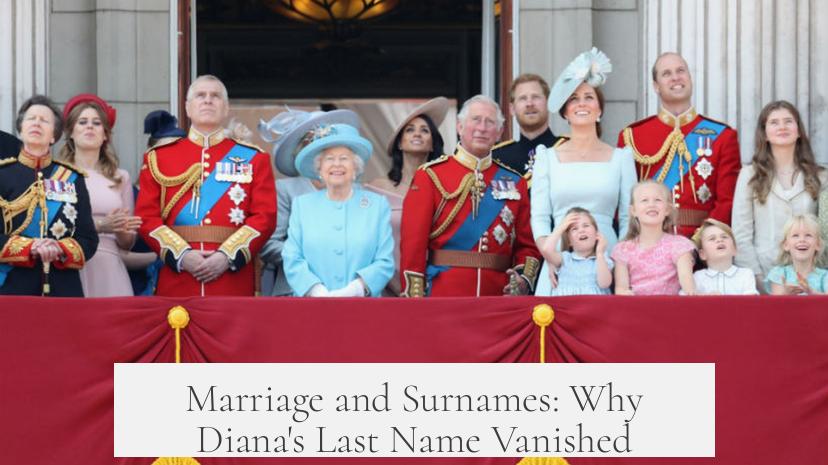
And what about royal wives? Diana, for example, famously “lost” her surname after marrying Prince Charles. Looking at Prince William’s birth certificate is a lesson in royal naming customs—both Charles and Diana’s surnames don’t appear; they’re titled simply as HRH Prince and Princess of Wales, emphasizing their rank rather than their familial surnames. This reflects a tradition where a woman joining the royal family takes on the royal house’s identity, effectively setting aside her birth surname. This is just like anyone else taking their spouse’s last name. Practical but mixed with pageantry.
Other Royal Families Play by Different Rules
This whole surname saga isn’t unique to Britain. Take the Greek royal family—ex-King Constantine II refuses to use a surname and was even denied a Greek passport because of it. Quite rebellious, really. Or the Ottoman dynasty, whose members became the Osmanoğlu family after the empire’s fall. Turkey only introduced last names in 1934, so the Ottomans created one meaning “son of Osman.” It’s a tidy way to connect past and present.
So, What Can We Learn?
Royals have proper last names, but they’re used differently. The truth? Royal names are less about individual identity and more about dynastic identity. Names like Windsor or Mountbatten-Windsor aren’t just surnames—they’re emblems of tradition, history, and political savvy. Royals don’t often need surnames because their titles do all the heavy lifting. It’s a privilege and a quirk, showing that with great power comes great naming flexibility.
Next time you see a royal without a traditional last name on TV, you’ll know: they definitely have one, but they’re simply too royal for the usual rules.
